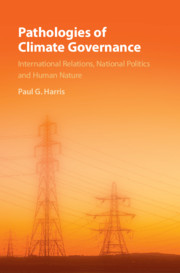The tension between the cosmopolitan vocation of the economy and the national character of politics has lately reached a considerable level of pressure, as control over some political economic determinants of growth has been gradually acquired by European Union (EU) institutions at the expense of national political communities. In his book Authoritarian Liberalism, Michael Wilkinson calls this development a depoliticisation of fundamental decisions concerning economic and socio-economic relationships, a process which has culminated in the Maastricht Treaty. In my comment, I intend to explore the argument concerning depoliticisation, by examining the relationship between economy and politics from a constitutional standpoint. While I agree with the author that depoliticisation has been systematically translated into a political mode of screening decisions concerning economy behind the narrative of necessary and unavoidable developments within the European project, I take a difference stance on the meaning and risks of depoliticisation. I shall argue that a certain form of depoliticisation is intrinsic to any process of constitutionalisation understood as a reflex of a political will. I then shall explain that European constitutional culture’s anti-political prejudice may have at times transfigured depoliticisation into a technique to tame and restrict disagreement.


